Mental health crisis amidst Delhi’s protests and violence
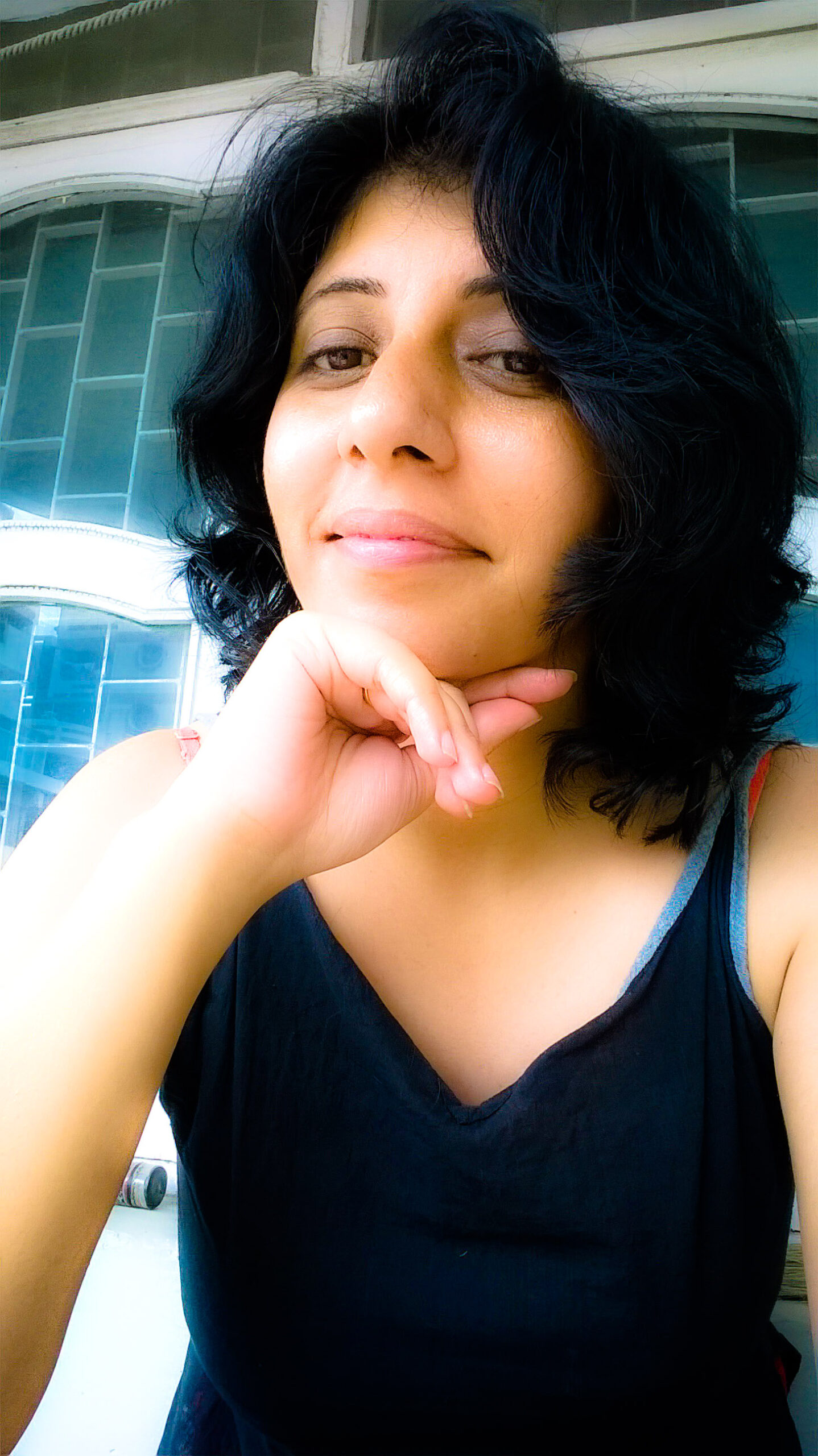
Delhi witnessed unprecedented violence since 24 February 2020. Across the world, political protests and violence related to social unrest is a new reality. In India, ever since 11 December 2019, there has been an ongoing social movement against a new Citizenship Amendment law. Before that, the society was outraging against the various incidents of sexual violence against women, particularly a horrific rape of a doctor in Hyderabad. Besides these significant events, India is such a diverse nation and always faces some or the other socio-political issue that is controversial.
Sustained political violence (SPV) may have long-term mental health effects. India has been in constant socio-economic and political upheaval recently. Delhi witnessed highly volatile and violent state elections, and ever since, the communal tensions, protests and violence has spiraled out of control.
Often when local populations, especially children and youth, are exposed to traumatic events or are even witness to socio-political turmoil, if not directly affected, they display symptoms of trauma disorders and conditions.
Social stress can be defined as a social situation that is threatening to one’s relationships, esteem, or sense of belonging within a group or broader social context.
According to estimates, about 89% of the population in India claim that they have been suffering from stress compared to the worldwide average of 86%. Close to 75% say that they do not feel comfortable seeking any communication with a medical professional about the stress that they experience. Most think that these services are expensive and cite their high cost as one of the barriers to seeking mental health help.
A report by the World Health Organisation (WHO) estimated that 7.5 percent of the Indian population suffers from some of the other forms of mental disorder. Mental illnesses are now one-sixth of all health-related disorders in the world. India accounts for nearly 15% of total global psychiatric, neurological, and substance abuse disorder burden.
Another major factor in the Indian mental health scenario is a gaping treatment gap; this can be defined as the frequent prevalence of mental illnesses and the ratio of patients that get treated for it. In India, this gap is over 70 percent indicating that a large number of survivors get no healthcare support as far as mental health is concerned. WHO also predicts that by 2020, approximately 20 percent of the Indian population will suffer from mental illnesses. What makes this situation seem alarming is the fact that India has less than 4,000 mental health professionals.
Well-Being Index
The WHO (Five) Well-Being Index has a range of between 0 and 100, and 52 as the passing score. An acceptable mental health level is determined between 52 and 68, while above 72 showed a functional status. After the recent political protests and violence in Hong Kong, the average score for the 2019 mental health index is 46.41 – below the passing score of 52.
During such events, all support groups and helplines offering suicide prevention support and general psychological assistance often witness an increase in the number of people who seek help when such gruesome events unfold in society.
A huge number of people experience immediate mental distress; there is a rise in anxiety, and sleep-related issues also increase. Often family relationships also get affected by social disputes and political differences of opinion. In India, especially social media and messaging services like Whatsapp become breeding grounds for such polarisation where this social strife penetrates even family and friends’ groups and can cause undue stress to those who do not comply with the majority’s opinion.
Practical Issues
Unrest and protests often also lead to disruption of routine life, socializing, and even commuting to work become more stressful hence increasing anxiety. Also, some people may lose temporary employment or assignments due to such unrest, and increased unemployment invariably leads to adverse impacts on mental health.
Due to the recent violence in Delhi, even Board examinations by CBSE were postponed due to the ongoing riots. This can be stressful not just for the students who had worked hard for their exams but also for their families and schools. Students and youngsters who sometimes are active in such protests and violence in large numbers are the most vulnerable group. However, professionals and family and friends who feel helpless and are also concerned about the safety of those protesting might have their share of stress and anxiety caused by it to deal with.
It is never easy for anyone to see their familiar neighborhoods turned into civic battlefields, their friends and colleagues become political adversaries, and their familiar places engulfed in strife and violence. There is a general environment of distrust and hopelessness. Also, the disruption of routine life and social relationships proves to be particularly stressful for everyone. Families also face day-to-day survival issues, and there is a disruption of logistics and civic services; this can prove to be triggering for those already suffering health issues, whether physical or those related to mental health. Most people face extreme anxiety and may slip into a depression kind of state.
The society, organizations, and institutions must join hands to prevent a social crisis from becoming a public mental health crisis too.
Featured Image Credits: Azra Bhagat


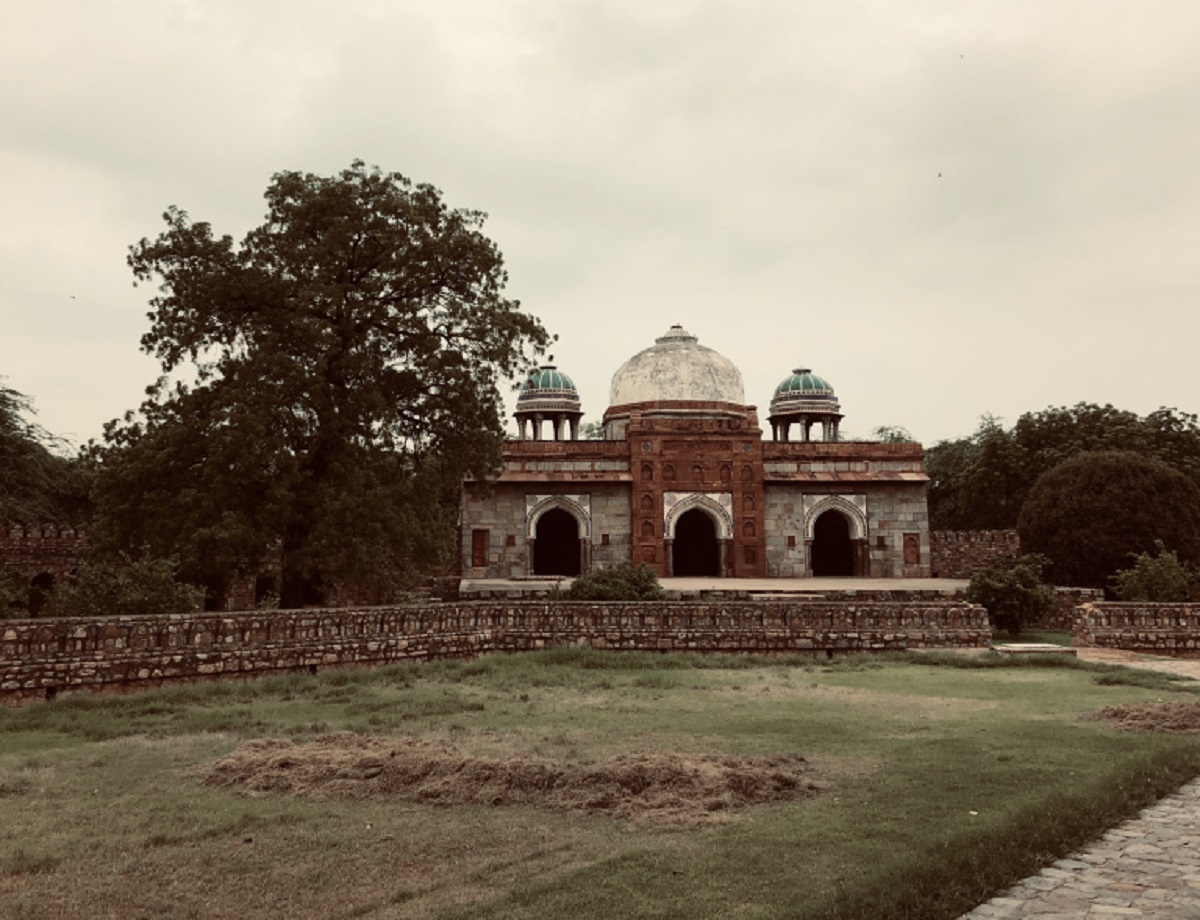
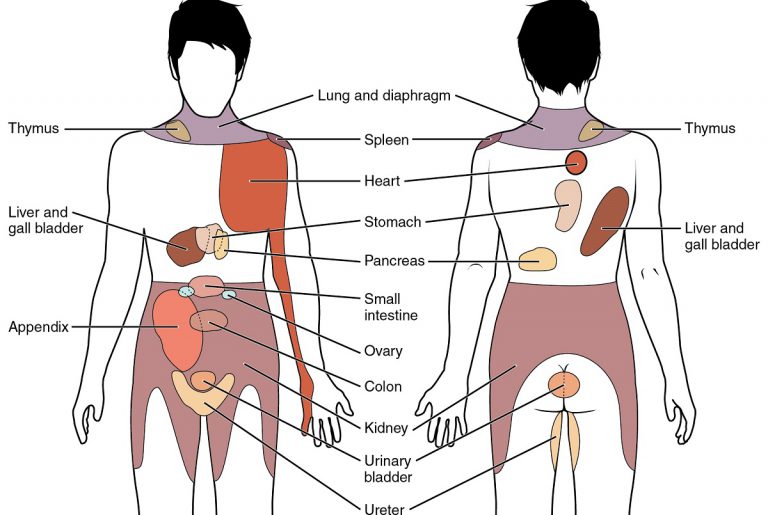
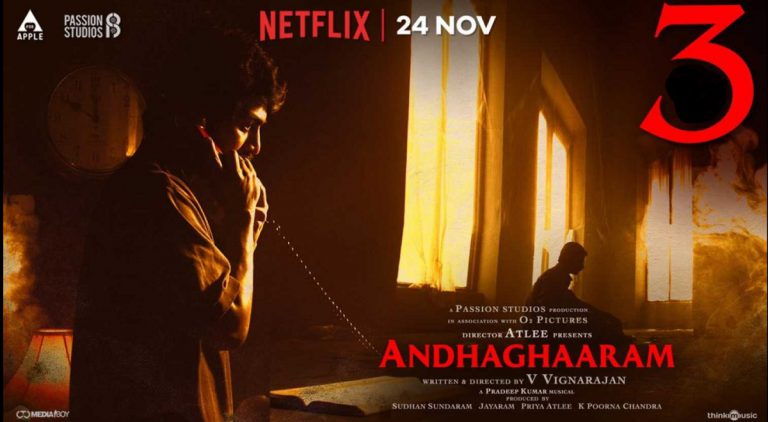
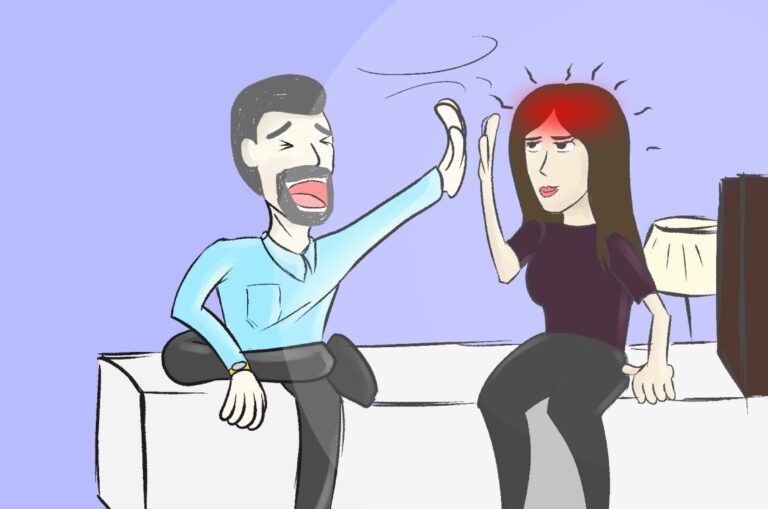
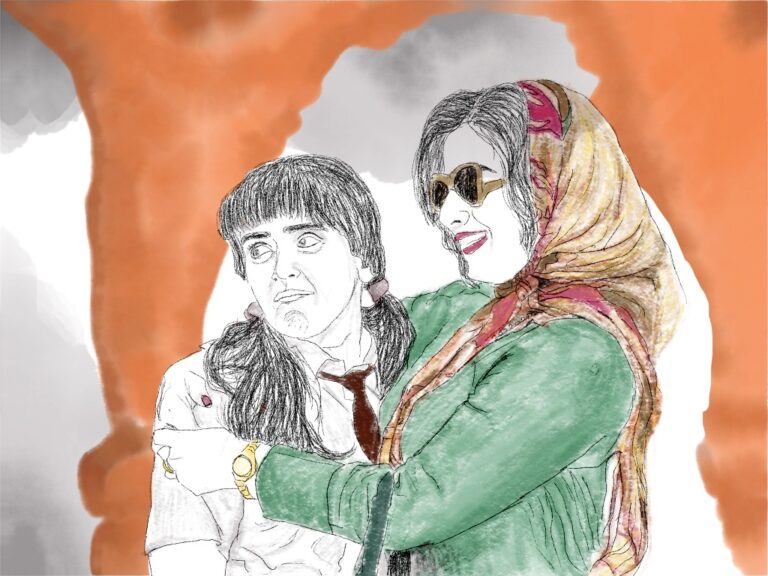
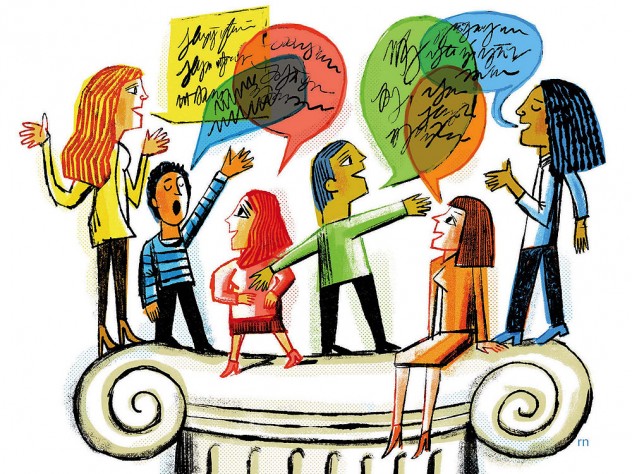
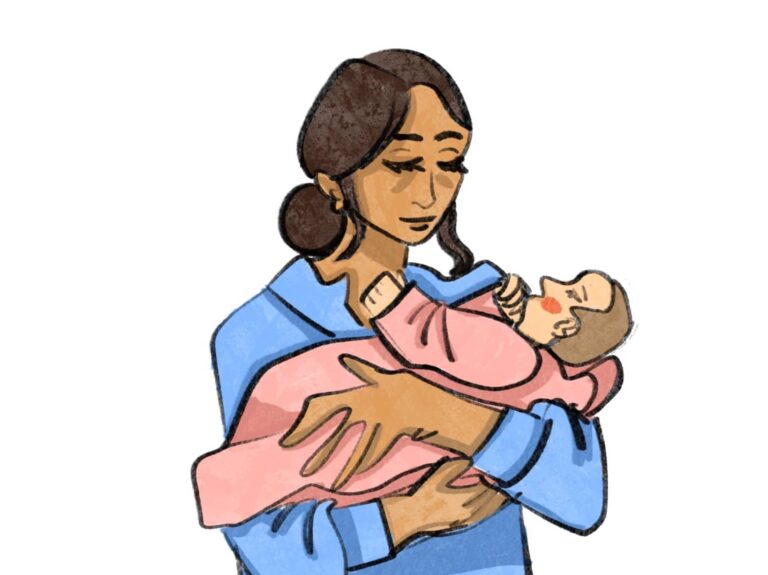
Readers' Reviews (2 replies)